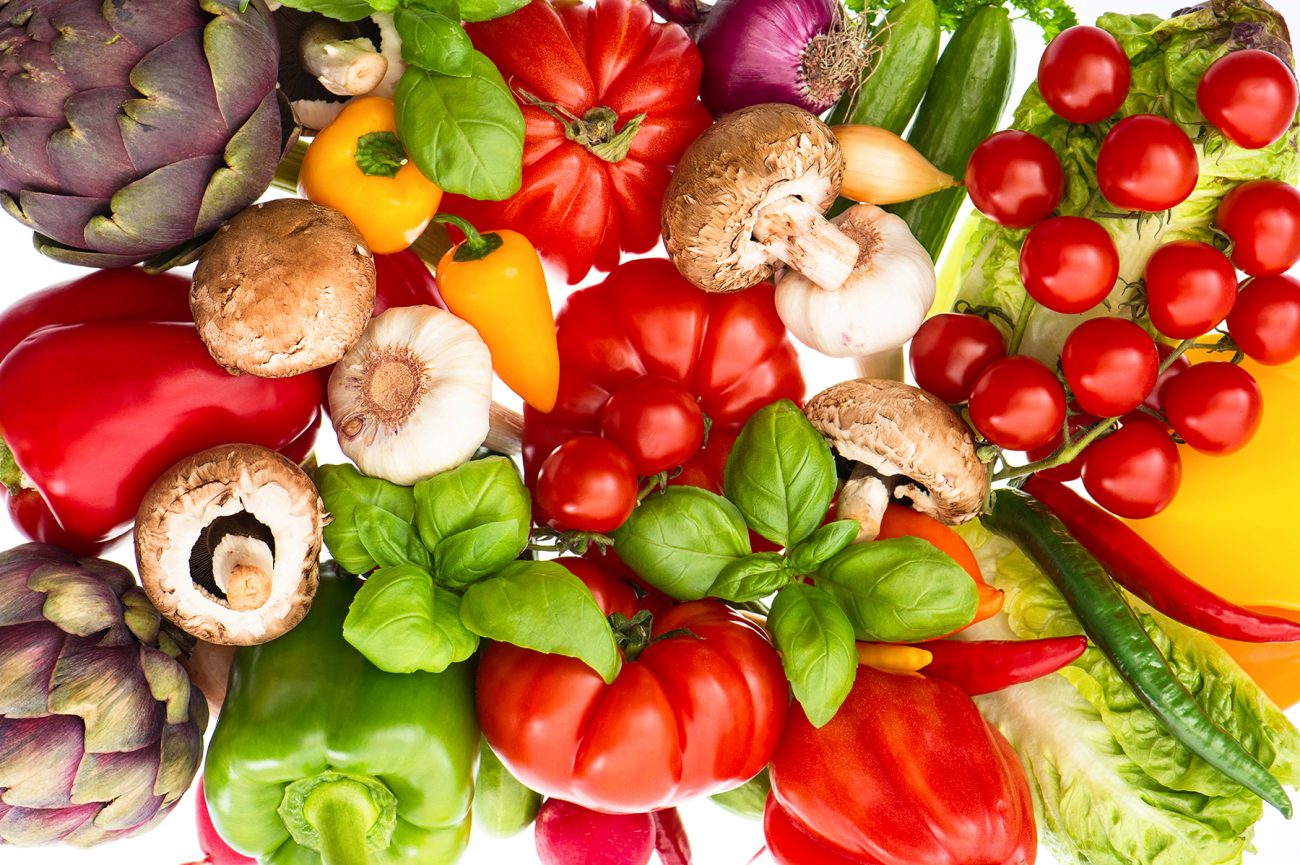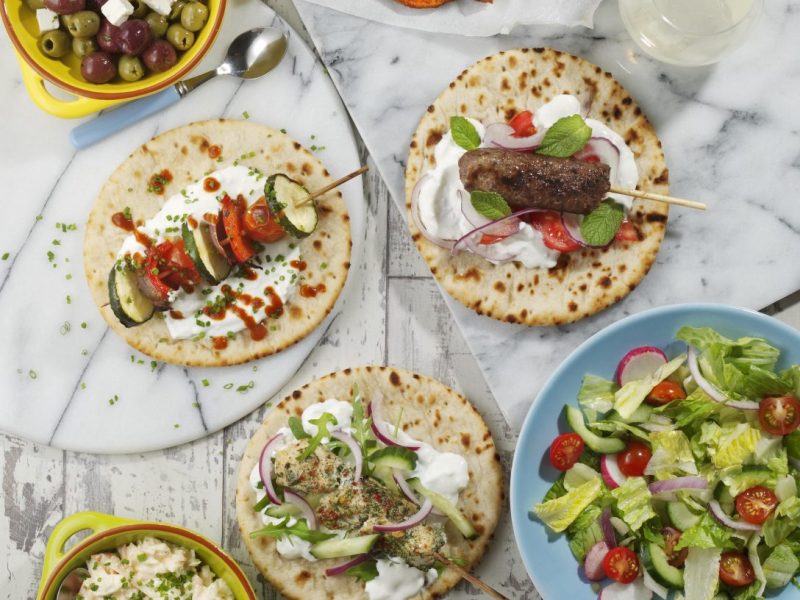Higher prices are the trade-off for sustainable food supply
Hospitality operators may have to accept that paying higher prices for food and drink is the only sustainable way to secure supplies of fresh and seasonal produce from UK farmers, says hospitality buying specialist Lynx Purchasing.
As Lynx Purchasing publishes the Spring/Summer 2023 edition of its regular Market Forecast, it is warning that the problems caused by fresh produce shortages and price increases are likely to last until well into the spring.
Rachel Dobson, Lynx Purchasing managing director, said: “The immediate issues with salad produce are now well understood, in terms of the impact of bad weather in southern Europe, and the unwillingness of UK growers to pay to heat glasshouses without support on energy costs.
“The current availability issue is hopefully a relatively short-term challenge, but new crops can’t be grown overnight, so it is likely to be a significant issue for the next few months. Our advice is that hospitality operators should plan for both potential shortages of supplies of the produce affected, as well for further cost increases.
“In the longer term, we believe the trade-off for a more secure supply chain may have to include operators paying UK farmers and food producers a sustainable price that not only covers the true cost of production, but also enables them to continue to invest in their business.”
Dobson acknowledges that paying more for food will be a far from welcome prospect to operators who are already paying dramatically more for core food and drink products after two years of high inflation.
She added: “As bodies such as the NFU have said, we need to become less reliant on food imports, and focus more on home-grown, seasonal produce. That should include a sensible debate on how famers and food producers can be paid at a sustainable price.
“The race to the bottom in terms of food prices has been driven by the demands of retailers, but when meat, dairy and fresh producers suppliers are exiting the market because their business has become unsustainable, hospitality also suffers.”
The Lynx Purchasing Market Forecast combines official inflation data with exclusive insight from the range of specialist hospitality suppliers Lynx works with, providing detailed information on pricing trends over the crucial coming months.
Along with the fresh produce shortage, product areas highlighted in the latest edition include:
Beef and Lamb: Current prices are well above average, as higher energy and feed costs have combined with the labour shortage to reduce UK production of both beef and lamb. With seasonal increases in demand for lamb around Easter, and for beef as the barbecue season starts, demand for the most popular cuts will be high.
Pork: Higher production costs have made it more of a challenge for UK pork producers to make a profit, prompting a number to cut back or exit the market at the start of the year. This has seen upward price pressure on bacon initially, and is likely to make prime pork cuts more expensive as demand increases in the spring.
Potatoes. The cold weather has also had an impact on potatoes, both in the UK and in Europe, where many processed and frozen potato products are produced. This is likely to affect availability and price of new potatoes this spring, as well as frozen chips and other potato products as current supplies run out.
Dobson urges: “Discuss options and availability with suppliers, and be prepared for a wider range of specification in terms of size and colour when buying fresh produce. It’s also worth looking at accompaniments and garnishes across the menu, and deciding which genuinely add value for customers.
“Overall, by working closely with suppliers, focusing on seasonality and availability, and applying basic buying discipline, operators can manage food and drink costs more effectively, and avoid unexpected bills. Best practice includes planning menus well in advance, and consolidating orders to meet free delivery and minimum value thresholds.”
A FREE copy of the Spring/Summer 2023 Market Forecast can be downloaded from the website at www.lynxpurchasing.co.uk.






